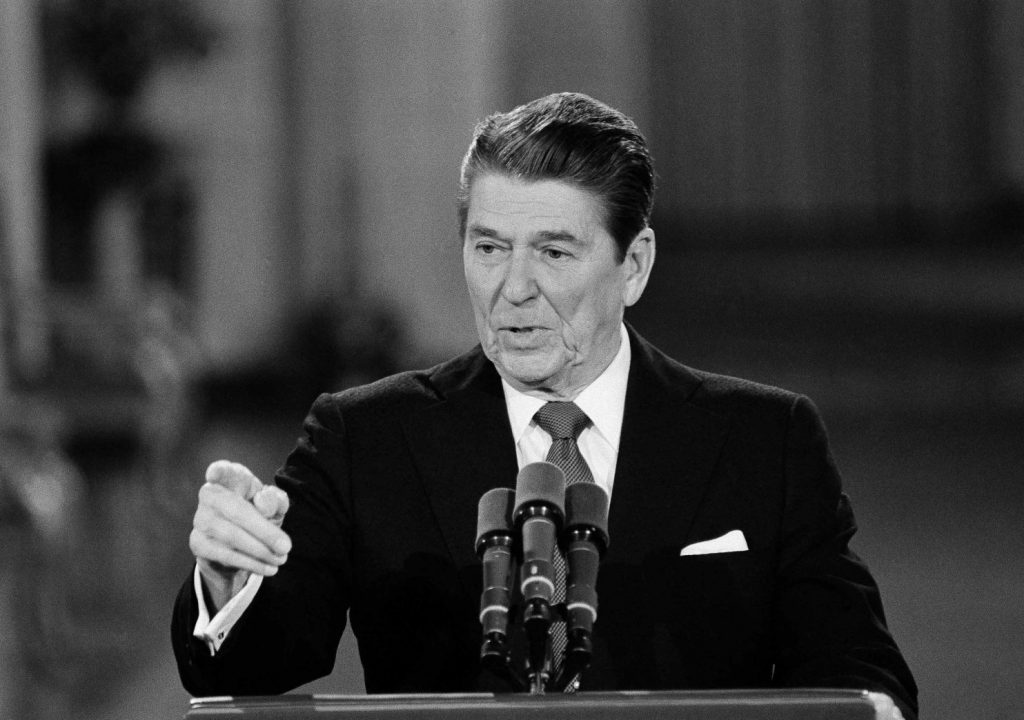The Tilbury speech of Queen Elizabeth I
5 min reading timeA ME-YOU-SOMETHING analysis of Queen Elizabeth I's Tilbury speech.
It is August 19, 1588. England is threatened by an invasion by the Spanish Armada. A fleet of 137 warships is ready to cross the Channel and invade England. Queen Elizabeth I addresses her troops in one of the most famous war speeches in the history of the United Kingdom. Her troops await a potentially deadly battle in the fields of Essex. With her words, she brought back hope and fighting spirit to her troops. Elizabeth I was affectionately nicknamed Good Queen Bess and she reigned for a whopping 45 years: unique for the time. She is still considered one of the greatest heads of state of all time. The Elizabethan era is that of William Shakespeare and the Golden Age; it marks one of the most prosperous periods in English history.
ME
Passion: Time and again she repeats how much she loves England and affirms that (should the time come) she is willing to die for her country: side by side with the soldiers on the front lines. "I have come among you as you see, at this time, not for my recreation and disport, but being resolved in the midst and heat of the battle to live or die among you all, to lay down for my God and for my kingdom, and for my people, my honor and my blood, even in the dust."
Personal: Even as Queen in an era when sovereigns' souls were rarely shared with their subjects, she speaks directly and from her heart: "I have always so behaved myself that, under God, I have placed my chiefest strength and safeguard in the loyal hearts and goodwill of my subjects." She trusts her audience completely and, with these words, openly places her life in their hands. She addresses them with "My loving people." Wow, what a love for her people and country speaks from that one sentence!
SOMETHING
Conflict: She dares to point out that in the eyes of her male soldiers she may be unfit as a field commander: she may be Queen, but she is also a woman and they know nothing about fighting. She wears her heart on her sleeve and expresses her view on it: "I know I have the body of a weak, feeble woman; but I have the heart and stomach of a king, and of a king of England too, and think foul scorn that Parma, or Spain, or any prince of Europe, should dare to invade the borders of my realm!"
Evidence: Elizabeth surprised friend and foe alike by appearing in person on the battlefield to address her troops. Usually the monarchy kept far from the battle. She went against the decorum and advice of her counselors who did not trust it when the Queen found herself unprotected among her armed subjects. This decorum she cites, only to dismiss it from the table. "We have been persuaded by some that are careful of our safety, to take heed how we commit ourselves to armed multitudes, for fear of treachery; but I assure you I do not desire to live to distrust my faithful and loving people. Let tyrants fear!"
Future: Should it come to pass that the doomsday scenario of a major battle would actually become a reality, she paints a picture of how she will fight right there with them: "Rather than any dishonor shall grow by me, I myself will take up arms, I myself will be your general, judge, and rewarder of every one of your virtues in the field."
YOU
YES: Elizabeth addresses her soldiers directly. She uses the word "You" very often, leaving no misunderstanding as to who her words are meant for at that moment. She gives them wings by complimenting them on all the victories they had won and she emphasizes how much she appreciates their efforts: "I know already, for your forwardness you have deserved rewards and crowns; and we do assure you on a word of a prince, they shall be duly paid."
Action and Promise: She calls on her army to also obey her lieutenant general in her absence during battle with the same strength and loyalty they had already shown. Then victory is at hand. "In the meantime, my lieutenant general shall be in my stead, than whom never prince commanded a more noble or worthy subject; not doubting but by your obedience to my general, by your concord in the camp, and your valor in the field, we shall shortly have a famous victory over these enemies of my God, of my kingdom, and of my people."
Communicating with Impact is relevant across the ages. What touches the core of our humanity proves timeless: even in the 16th century there was a female leader who understood this. She used impactful communication at a crucial moment in world history.

